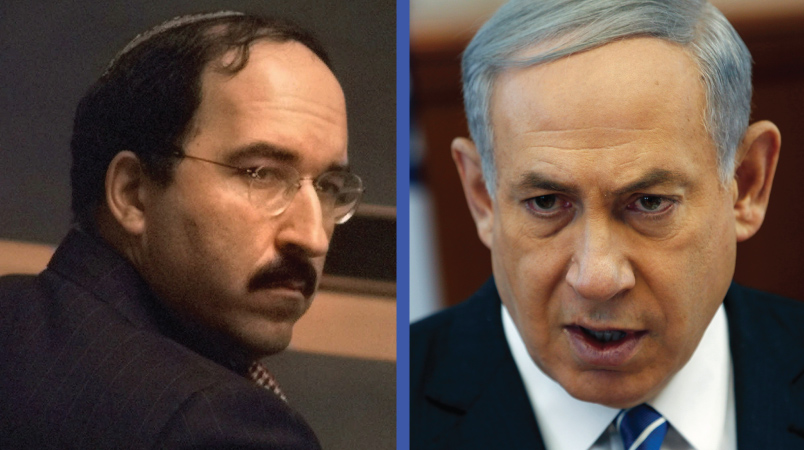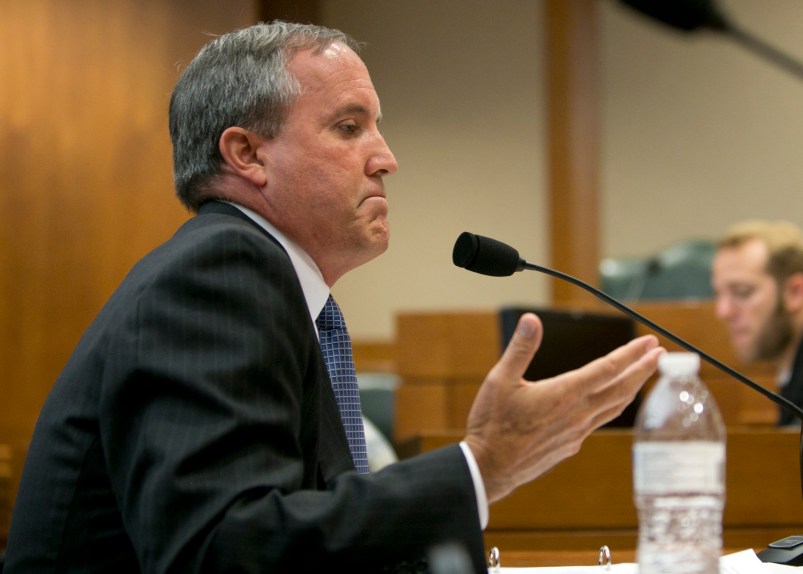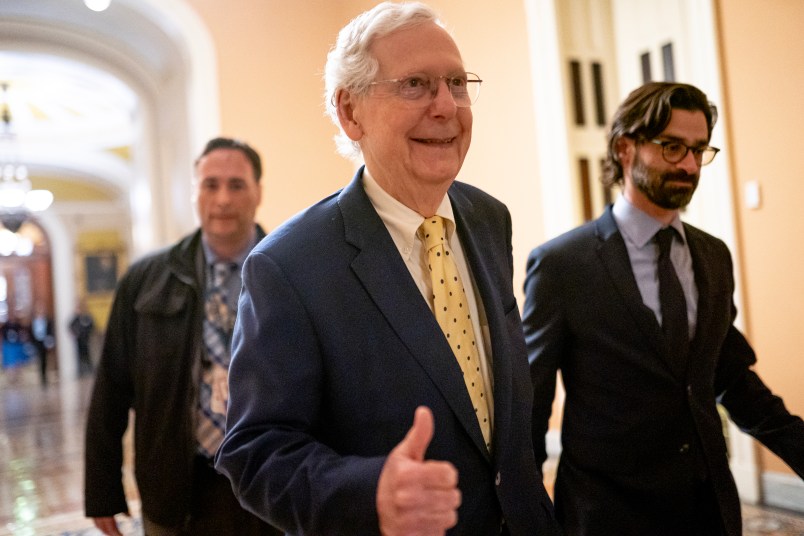Virtually no one in the international diplomatic community wants an Israeli government that openly opposes the two-state solution—but the time has come to face the uncomfortable truth. While it has been clear for years that Netanyahu is stalling talks, building settlements and strengthening the hard right in Israel, the world has continued to hope that Netanyahu’s overt ambiguity over the two-state solution means he is willing to go there at the end of the day.
The rationale is clear: The international community wants a Palestinian state alongside Israel for strategic and ideological reasons, and has formed no working plan for Israeli rejectionism. What will the U.S. do if Netanyahu officially rejects the idea of a Palestinian state? No one knows. This ambiguity has been beneficial to Israeli diplomats and to Netanyahu himself, as it has provided a convenient cover for diplomatic work in various fields. Thus, while Netanyahu sold hardline policies within Israel, the Ministry of Foreign Affairs officially talked in a more nuanced tone, promising the world that a Palestinian state was around the corner. Even when Netanyahu declared in Hebrew that the two-state solution was irrelevant on the eve of Israel’s last elections, the world patiently accepted his recantation in English mere days after his victory.
Israel’s new government, however, is different from the previous one. With a very narrow coalition and centrist parties now substantially smaller and in the opposition, Netanyahu is presiding over a highly ideological majority. Without his former international fig leaves, Netanyahu is already making clear choices about the new government’s direction—and they are harder to legitimize abroad. Whether Netanyahu likes it or not, his government is presenting a much more decisive face both within Israel and to the world.
Case in point: the recent appointment of former Ambassador to the UN Dore Gold as executive director of the Ministry of Foreign Affairs. Netanyahu’s choice of the former director of far-right think tank JCPA hardly surprised Israeli pundits. Gold has been advising Netanyahu for years; just two years ago, Netanyahu appointed him special advisor on foreign affairs. Still, there is a difference between working as an advisor and running the Israeli Ministry of Foreign Affairs. Netanyahu personally chose Gold to be one of the most important international faces of his government’s official foreign policy.
Dore Gold is considered one of the Israeli right wing’s most prolific speakers abroad. He has given countless interviews on foreign media about policy issues ranging on Iran, the Israeli-Palestinian conflict and the Arab spring. An adept rhetorician skilled at deflecting criticism, Gold is also a hard and fast ideologue. As such, he has consistently promoted two arguments over the years.
The first argument is strategic: In a changing Middle East, Israel cannot afford to allow the formation of a Palestinian state. In a recent CNN interview in which he was asked to interpret Netanyahu’s statements against the two-state idea, Gold said: “Today, the Middle East is far more dangerous… Israel will need very strong, robust security defenses in any arrangement.” This, in Gold’s terms, means no more negotiating over the 1967 borders, over settlement evacuation, and over the Jordan valley. As long as the Middle East remains unstable (which it is set to do in the coming decades), there can be no real Palestinian sovereignty.
Gold’s second major talking point concerns historical and legal narratives: the West Bank is not occupied but rather “disputed.” This is a legal argument grounded in historical interpretation, with major political implications. For example, Gold supported the Edmund Levy report—a government-commissioned report that found that Israel has legal claims to the West Bank (even Netanyahu’s government could not accept the findings in the end). Gold has stated that “at the end of the day, there is a huge difference in how a compromise will look if Israel’s negotiating team comes to the peace table as ‘foreign occupiers’, who took someone else’s land, or if they come as a party that also has just territorial claims.”
Both these arguments run counter to basic tenets of official U.S. policy, which are shared by the Israeli progressive camp: that a Palestinian state would be a stabilizing element in a rapidly changing Middle East, and that the 1967 borders are a legitimate starting point for negotiation over a future Palestinian state.
Israelis are gradually realizing that the time has come to choose. The new government and recent appointments of hardliners such as Dore Gold have made it clear that Netanyahu will not promote a two-state solution. Meanwhile, the last elections weakened centrists, who hold that a right-wing government can be influenced and even coerced from within, and that debates over national security can be postponed indefinitely; when forced to decide, they usually vote in favor of two states and more progressive policies. These trends are set to continue, and we believe that these are ultimately steps in the right direction. It is time for the U.S., too, to understand that Israel’s new rightwing government has done away with political equivocation. That realization must be matched by a new strategy for dealing with the Israeli right’s rejection of the two-state solution.
Mikhael Manekin is the managing director at Molad, The Center for the Renewal of Israeli Democracy.









